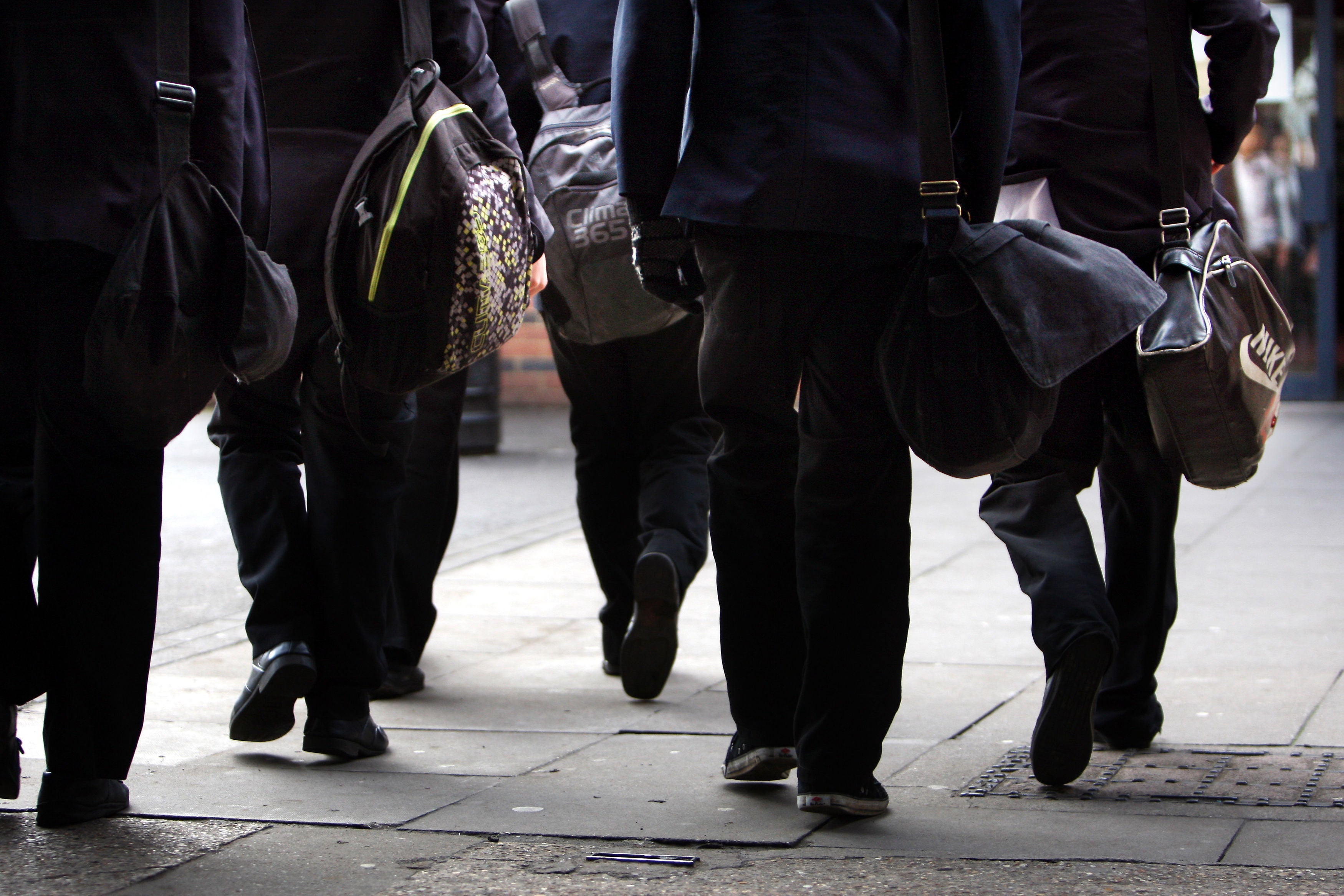
Ofsted’s chief inspector has linked the rise in school absenteeism to the increasing prevalence of working from home, suggesting it fosters a perception among children that school attendance is optional.
Sir Martyn Oliver argues that the shift away from daily office commutes has disrupted established routines, replacing the habit of “putting your shoes on instead of your slippers” with a more relaxed approach to daily obligations, impacting children’s commitment to regular school attendance.
This comes amid alarming statistics revealing a significant increase in persistent absenteeism among schoolchildren. Currently, one in seven primary school children and one in four state secondary pupils are persistently absent, meaning they miss at least one day every two weeks. This marks a stark rise in persistent absence across state secondary schools in England, jumping from 13% in 2018-19 to 24% in 2022-23.
According to the same newspaper, Sir Martyn said: “(After the pandemic) suddenly people were used to working from home and, in many cases, I don’t think there was that same desire to have their child in school while they were at home.

“They had been used to it for the best part of a year-and-a-half, on and off, during lockdown. That changed something.
“If my mum and dad were at home all day, would I want to get up and leave the house, knowing they were both there?
“I would be tempted to perhaps say, ‘can I not stay with you?’.
“Seeing my dad go out early to work, often hours before I had even got up, well, there’s an expectation: put your shoes on, put your school uniform on and go out the door and go to school; go to work.”

He added: “I think developing good social habits of getting up in the morning, putting your shoes on instead of your slippers, going to school, expecting to complete a full day’s school, a full day’s work – clearly that’s habit forming.
“Nationally, Fridays have always been the worst attendance day (for schools), but then I look at Westminster (where Ofsted is based) and I see the place clearing out on a Thursday night very often. Again, is there something in that?”
Asked if children were copying adult working patterns, Sir Martyn responded: “Yes.”







